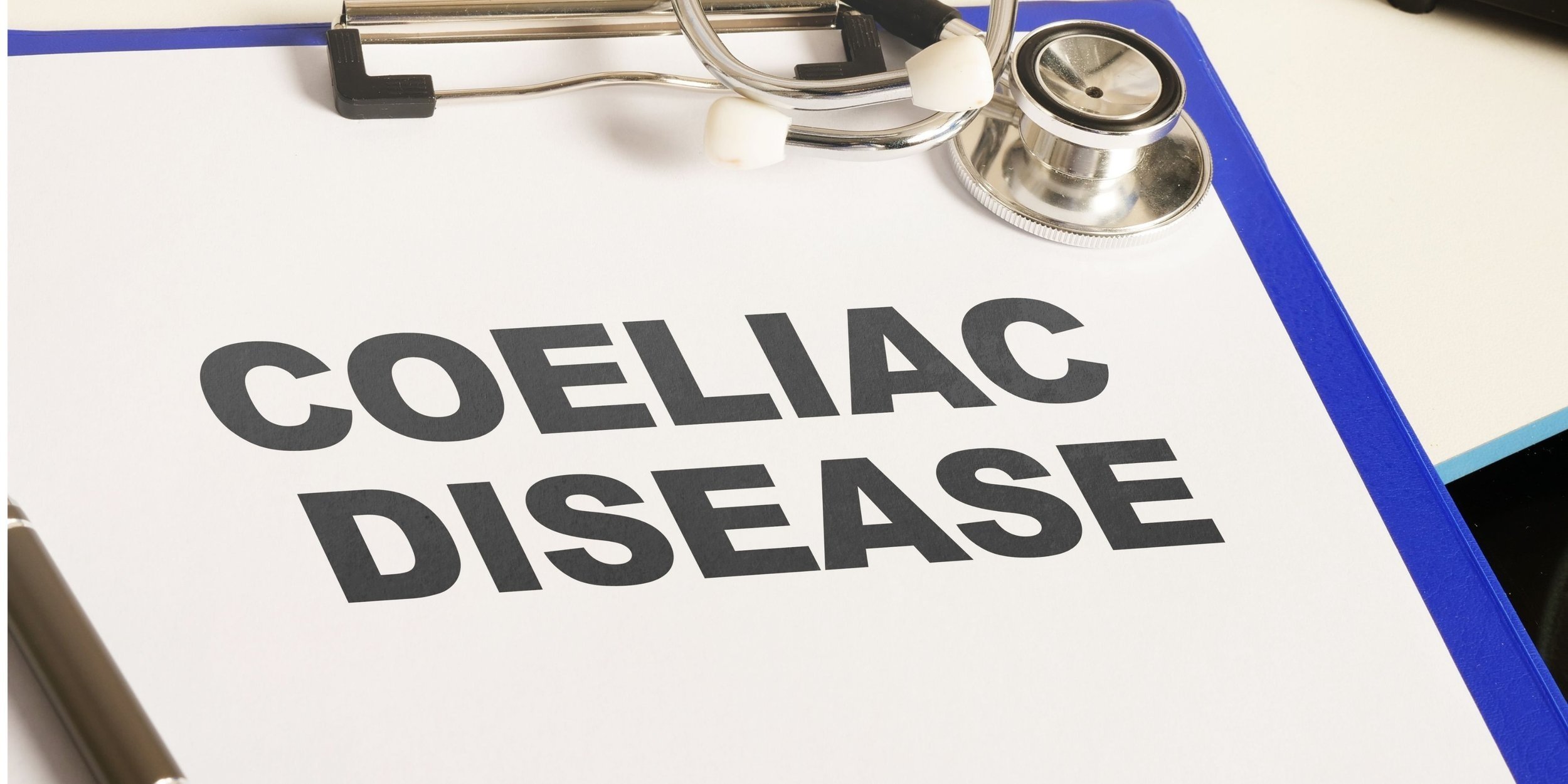Coeliac Disease or Gluten Intolerance?
Unless you have been living in a cave or under a rock somewhere, you would have heard of coeliac disease.
You can’t go out to a cafe and not hear those people asking if they have gluten free. You think it’s just the latest diet fad, and you’re not alone.
There is so much hype about gluten, you can’t help thinking that it’s just those yuppies following along with their friends to feel like they are cool.
There was a time when I thought the same, until I didn’t, until I had to go gluten free.
After getting diagnosed with Fibromyalgia in 2011, I began researching and looking for solutions to my health issues, some of which I had had since childhood.
For most of my life I had digestive issues- bloating, gas, chronic constipation that never really got better. No amount of hydration or fibre really helped.
I spent 50 years of my life suffering from headaches and migraines that were so bad that I ended up in hospital many times, because nothing I did at home helped.
I also spent my whole life battling anaemia, which left me tired and fatigued constantly. Iron supplements made me more constipated, and the doctor had no other solution.
I had seen a naturopath who suggested I go gluten and dairy free- she also said I should give up coffee, that was never going to happen.
I played with gluten free, not really taking it seriously, not sure it really made any difference. What I now know is you can’t do a half hearted effort with gluten, you won’t notice the difference if your still eating it half the time.
2015 the year of discovery!
After enrolling at uni in 2014 to study health science and nutrition, I was on a mission to learn all I could about the human body in order to get to the bottom of my health issues.
But in January 2015, just a few weeks before term 1 began, I ended up in hospital again. The digestive issues that had plagued me for years had got to crisis point.
My system was blocked up and had become septic; I had Diverticulitis and I spent two weeks in hospital.But finally I had a doctor who was prepared to investigate what was going on.
Diverticulosis- is a condition that develops from long term constipation- the intestines develop weak spots and diverticula(pockets) form and bacteria get stuck causing diverticulitis (itis meaning inflammation).
I had a colonoscopy, bowel function test and bone marrow biopsy to try and discover the cause of my long term issues. My intestines were so damaged it was hard to tell what had caused it.
My gene testing revealed I had the coeliac gene, even though my blood test was negative. So I shouldn’t worry about going gluten free?
Gluten sensitivity vs Coeliac disease?
At uni we studied the digestive system, the signs, symptoms and impacts of food on the body. We learnt about gluten and the impact it can have on human health.
Gluten is considered inflammatory, it can cause many signs and symptoms that can be attributed to other conditions, or from just eating a bad diet.
Though they don’t have coeliac disease, many of my clients report they have issues when they eat gluten and definitely feel better when they avoid it.
Coeliac disease is not a condition to be taken lightly, it’s a very serious genetic digestive disorder that when gluten is consumed, damages the small intestine.
It is one of the most common auto immune disorders, that can lead to long term serious health issues and increase your risk of having other auto immune conditions that can affect your bones, joints, nerves, skin and digestive system.
Symptoms of coeliac disease can include-
anaemia
a red, smooth, shiny tongue
bone or joint pain
depression or anxiety
headaches
infertility or repeated miscarriage
missed menstrual periods
mouth problems such a canker sores or dry mouth
tingling numbness in the hands and feet
abdominal pain and bloating
intestinal blockages
Some of these symptoms sound familiar?
In 2018 I decided to get serious about going gluten free, to see if it made a difference. SAY GOODBYE TO THE MIGRAINES!
In just a few weeks I noticed my migraines had gone, and the constant low grade headaches were much less noticeable.
Unless I became complacent and then just a little bit of gluten could spell disaster. Though my testing was not conclusive, I consider myself as having coeliac disease.
The genes, the damage to my intestines and the signs and symptoms are enough evidence for me.
So what’s your risk of Coeliac disease?
The risk of coeliac disease varies from person to person and can depend upon-
if you were breast fed
how much gluten you eat
how old you where when you first ate gluten
your specific genetics- it runs in families
age- even children can be diagnosed
your environment can increase your risk
So what can you do if you think you have an issue with gluten?
There are a few key ways you can tell if you need to avoid gluten-
if you have any signs or symptoms that indicate an issue with gluten
if you have anyone in your family who has coeliac or any other autoimmune disease
see your doctor for coeliac testing
check your genes for coeliac disease
you can try going gluten-free for 4 weeks and see if anything changes
Would you like some help figuring it all out?
Book a Free 30-minute health consult and take the first step on your roadmap to health!
Want to know how to get started? Get your free recipe collection HERE
